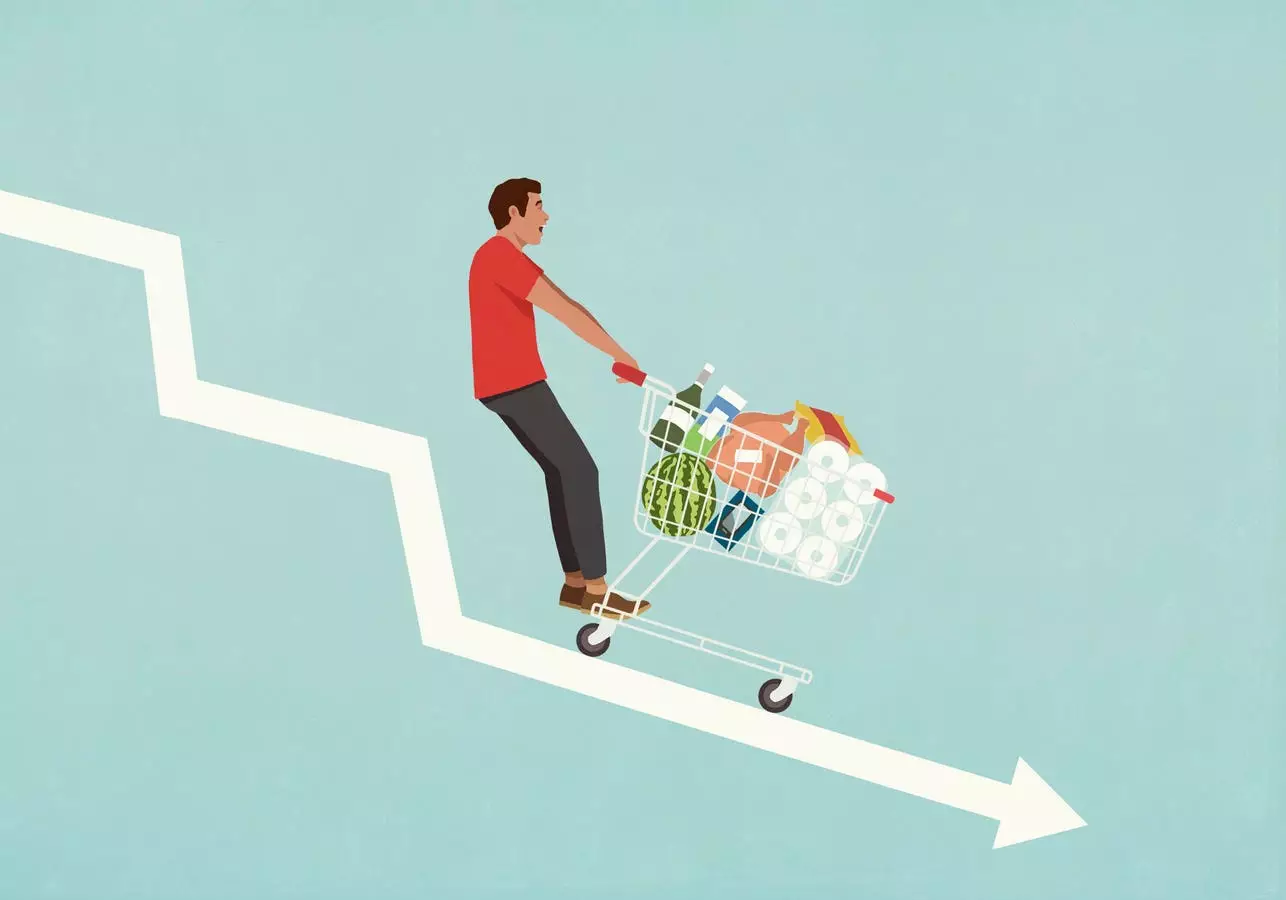Recent trends in food and beverage inflation have forced companies to reevaluate their pricing strategies in order to maintain competitiveness in the market. Wendy’s CEO Kirk Tanner recently announced plans to test “dynamic pricing,” sparking concerns and speculation about potential surge pricing similar to that of Uber. While some feared price hikes, Tanner clarified that the goal was to leverage AI technology to introduce digital menus offering discounts during slower times. This shift highlights the industry’s focus on utilizing innovative technologies to adapt to changing consumer demands and market conditions.
In response to the inflationary pressure, various F&B companies have initiated price wars to attract cost-conscious consumers and gain market share. Retailers such as Target, McDonald’s, Aldi, and Walmart have rolled out extensive price reductions on a wide range of products, including private label items. With the rise of private label products, retailers are aiming to offer value-driven options to consumers while still maintaining profitability.
The Consumer Experience
Amidst rising food prices, consumers are increasingly seeking out deals and discounts to alleviate their financial burden. According to FMI, over 60% of shoppers actively look for promotions and deals when making purchasing decisions. This has led to a shift in consumer behavior, with many opting for more affordable private label products and adjusting their shopping habits to maximize savings.
While food prices continue to rise, the industry anticipates a slowdown in inflation rates in the coming years. Companies are expected to navigate this challenging landscape by implementing strategic pricing measures and adapting their product offerings to meet changing consumer needs. As inflation gradually tapers off, consumers can expect to see a more balanced market with a focus on providing value and quality in the F&B sector.
The impact of food and beverage inflation on pricing strategies has reshaped the industry’s competitive landscape, forcing companies to innovate and adapt to survive in an increasingly challenging market environment. By focusing on providing value, offering discounts, and leveraging technology to optimize pricing strategies, businesses can weather the storm of inflation and emerge stronger in the long run. The future of the F&B sector lies in the hands of companies that can navigate these changes effectively and position themselves for success in a post-inflation world.


Leave a Reply